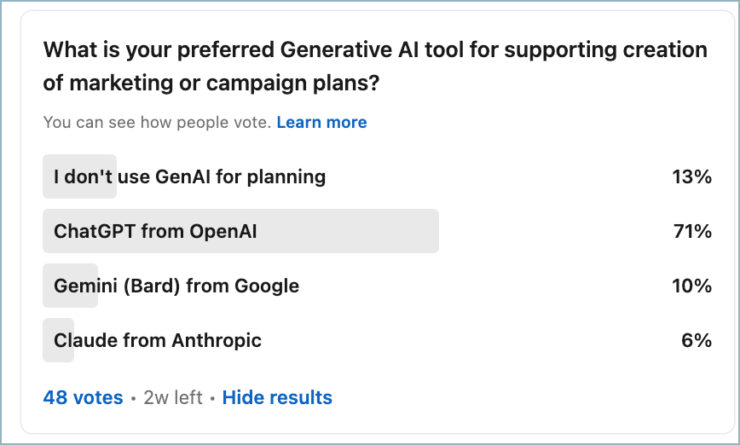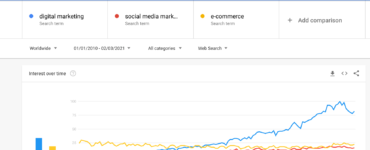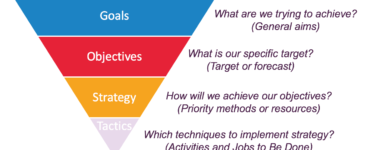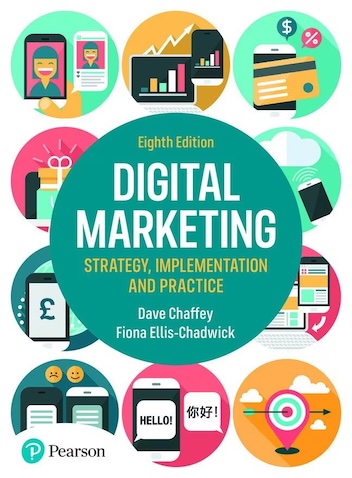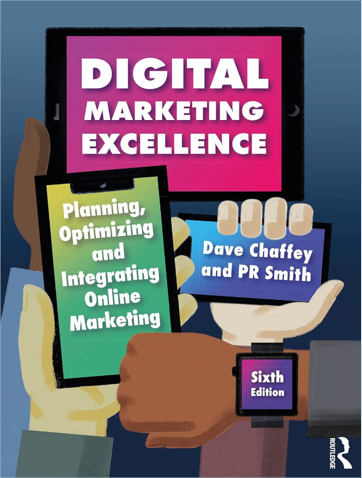This activity, which will be in the next edition of Digital Marketing: Strategy and Implementation, is aimed at encouraging critical thinking amongst students and marketers when using AI tools given that many are now using these tools for marketing as evidenced by this research from Smart Insights.
For further details of the tools and links see my post:
How widely is generative AI and ChatGPT used in marketing?
ChatGPT has been widely adopted by marketers, mainly for writing copy based on prompts provided by the user. Our Future of Digital Marketing report 2024 shows that many businesses are actively using Generative AI for copywriting, using large language models such as GPT for writing copy for different channels. The results are sorted below based on the applications with the highest percentage who are using them.<
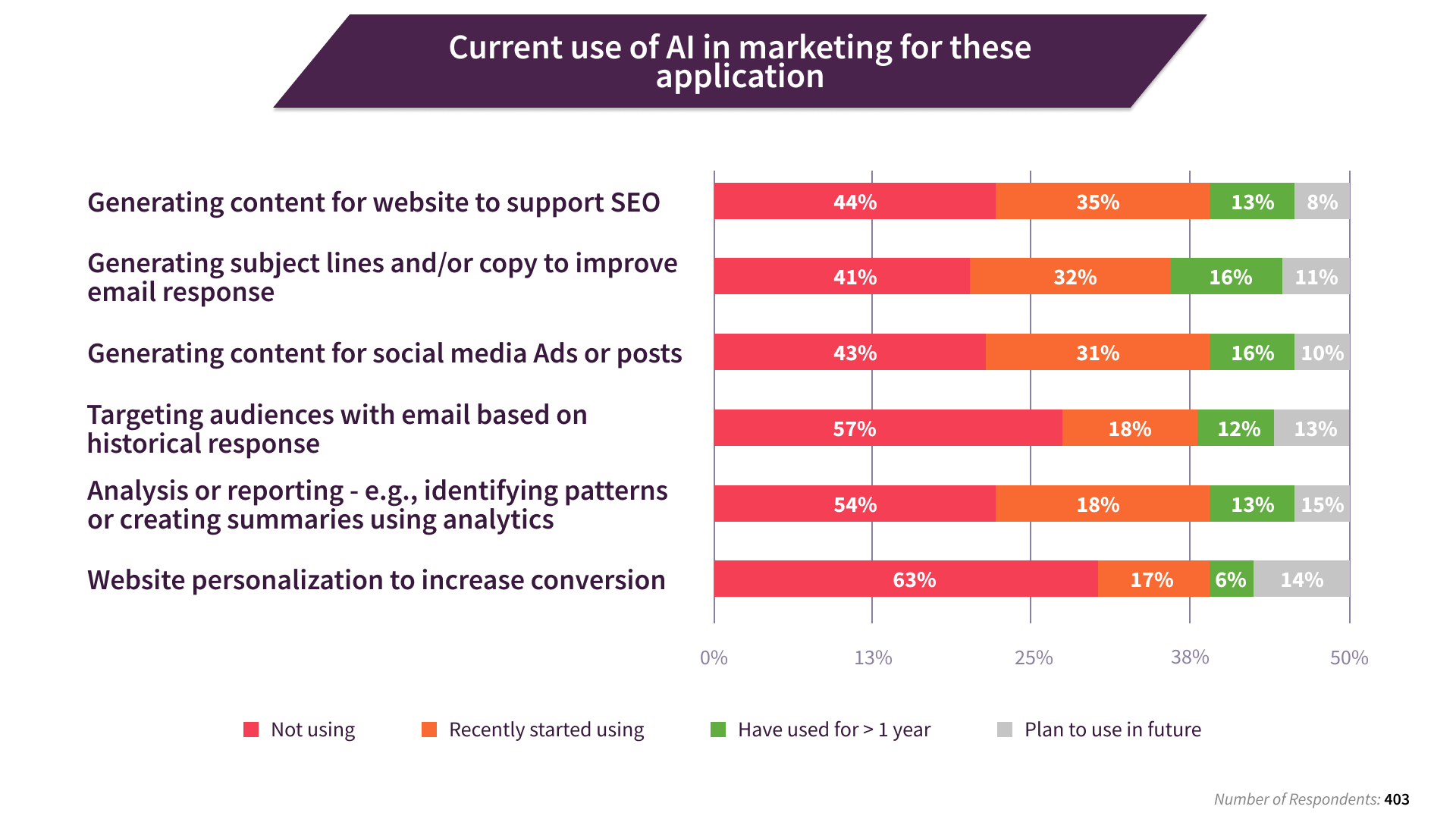
To support our premium members, I have created several different guides with detailed examples of using ChatGPT prompting techniques for email, social media and organic search to better customize marketing copy to a specific audience for a business and their goals. I have also created our popular ChatGPT prompt sheet for marketers as a free download, highlighting some of the prompting skills that ‘hands-on’ marketers need to know about.
What about using Gen AI for planning?
In the survey, we didn’t ask about using GenAI tools to support planning. But we will in the next survey, since a recent LinkedIn poll I ran about asking whether peoople were using AI for planning suggests that many marketers are using AI to support creation of marketing plans already. I was really surprised that the MAJORITY of people doing the poll were using Generative AI for planning. As I’ll get into, there are certainly BIG limitations of using AI for marketing planning without intervention, but as a collaborative tool to improve your marketing plans and generate them more efficiently, I think it’s an exciting development.
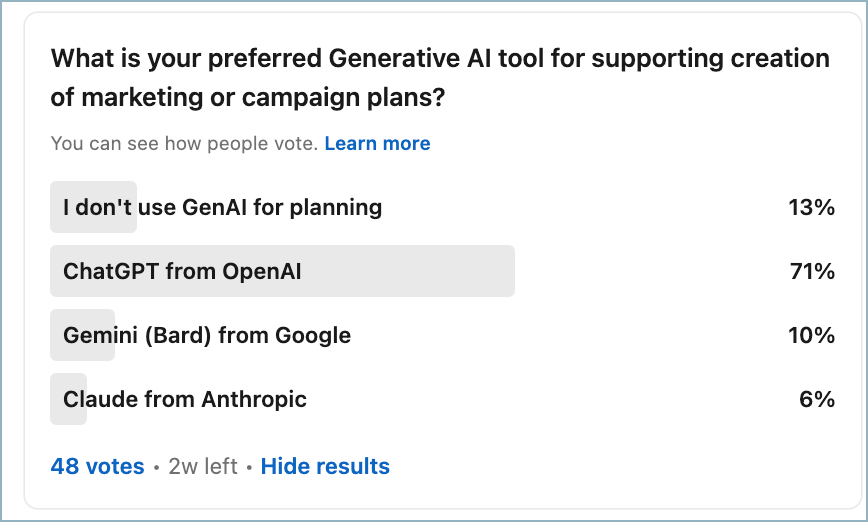
Activity introduction
Generative AI tools rose to prominence with the launch of ChatGPT from OpenAI in late 2023. Since then, it has been widely adopted by marketers, mainly for writing copy based on prompts provided by the user, but also for data analysis, summaries and creating outline plans. Although the text prompt-based ChatGPT is well known, there are many other services that can offer some advantages and others for prompting with text-to-image and text-to-video.
Activity Purpose
Since marketing professionals are already widely using GenAI tools, it’s important for marketing professionals and students who will join their teams in future, to understand their benefits, limitations and how to use them. There are a series of practical activities in this book to answer these questions.
In this group activity we introduce the different marketing applications of AI and some of the options.
1. Develop a common understanding of what Generative AI tools are using the example of ChatGPT and other tools from OpenAI.
2. Identify five options or ‘use cases’ for using Generative AI in digital marketing, identifying more if you can.
3. Review the relevance of these alternative tools for marketers, summarizing their unique features, benefits and limitations.
- 1. Chat GPT from Open AI (https://chat.openai.com/). Generic freemium tool with free and paid plans.
Consider other tools from Open AI such as DALL-E, GPTs and Sora. - 2. Gemini from Google (https://gemini.google.com/). Generic Freemium tool.
- 3. Claude from Anthropic (https://claude.ai/). Generic Freemium tool.
- 4. Pi from Inflection (https://pi.ai/talk). Generic Freemium tool. Inflection was acquired by Microsoft in 2024.
- 5. Hyperwriter (https://www.hyperwriteai.com/). Generic Freemium tool.
- 6. Perplexity (https://perplexity.ai/). Generic Freemium tool.
- 7. Jasper (https://www.jasper.ai/). Paid tool for marketers.
- 8. Writesonic (https://www.writesonic.com/). Paid tool for marketers.
- 9. Copy.ai (https://www.copy.ai/). Paid tool for marketers.
- 10. Canva (https://www.canva.com/ai-image-generator/). Freemium tool for marketers.
- Note that since innovation in AI technology and tools is rapid, these tools may no longer all be available or have changed name or URLs due to acquisition and merger.
